Strategic Review: Focused Expansion in Vaccines and Specialty Medicines
Over the past decade, GSK has shifted from large-scale M&A to focused investments and strategic partnerships, particularly in vaccines, oncology, respiratory, and infectious diseases. The company aims to strengthen its specialty medicine portfolio and innovation pipeline while enhancing profitability.
Major Acquisitions & Partnerships (2015–2025)
- 2015: Dissolved joint venture with Novartis to streamline vaccine and OTC businesses
- 2018: Acquired TESARO (oncology, PARP inhibitors) – ~$5.1B
- 2019: Formed Consumer Healthcare JV with Pfizer, laying groundwork for Haleon spin-off
- 2021: Partnered with Vir Biotechnology (COVID-19 antibody, infectious disease)
- 2022: Acquired Affinivax (next-gen pneumococcal vaccines) – ~$3B
- 2022: Acquired Sierra Oncology (myelofibrosis therapy) – ~$1.9B
- 2023: Acquired Bellus Health (chronic cough drug) – ~$2B
- 2025: Acquired Aiolos Bio (anti-IL-13 antibody for asthma) – ~$1.5B
Key Insights and Strategic Implications
GSK is investing selectively in high-impact therapeutic areas. With the acquisition of TESARO, it made a significant re-entry into oncology. Collaborations with Vir and Affinivax enhanced its position in infectious disease and vaccine innovation. The overall strategy reflects discipline in capital deployment and focus on differentiated assets.
My Insight
Unlike mega-cap pharma competitors, GSK takes a streamlined and targeted approach, focusing on fewer but high-quality deals. Each acquisition is tied to strategic capabilities in core areas like respiratory and oncology, reinforcing long-term competitiveness.
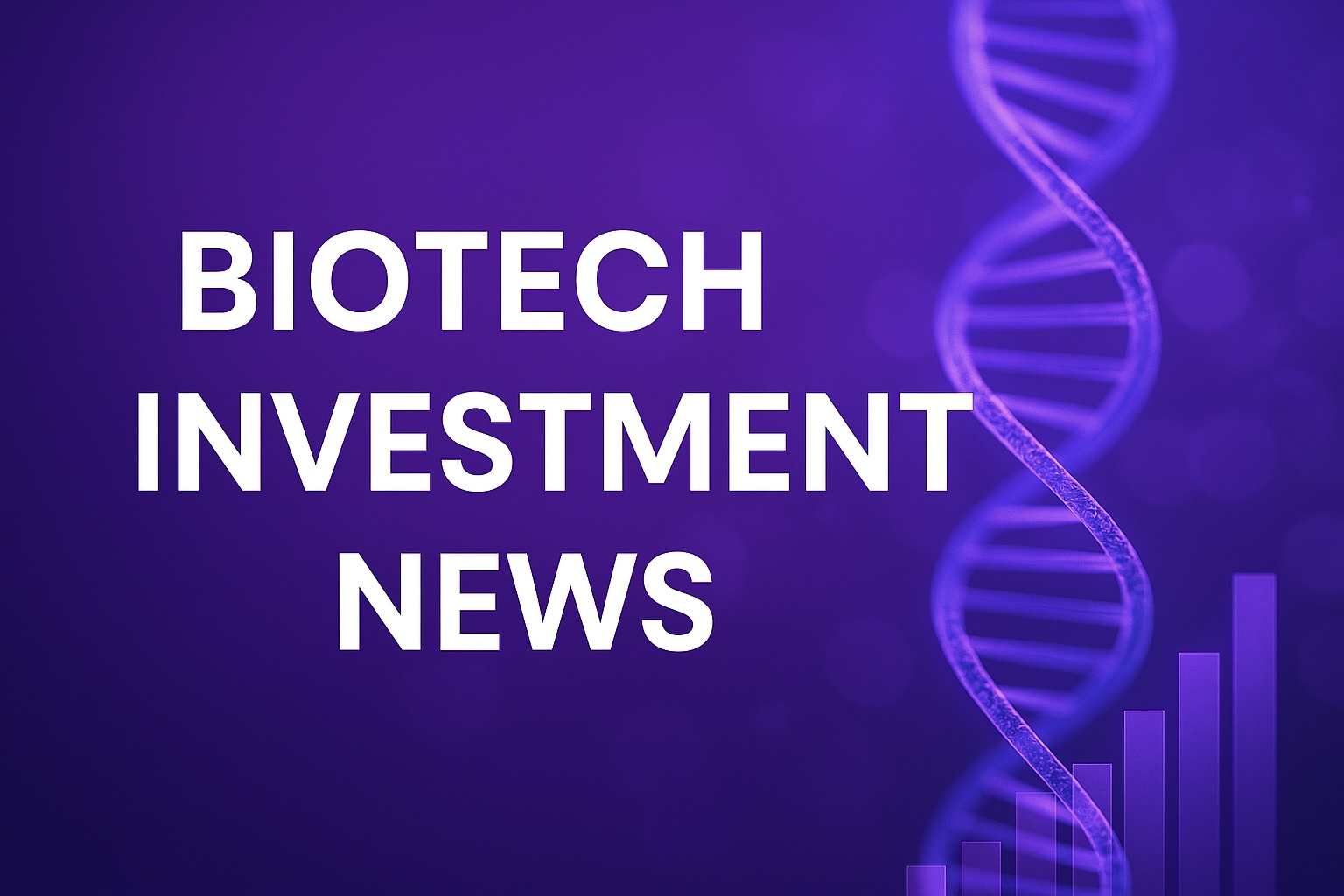
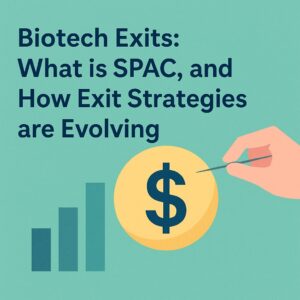
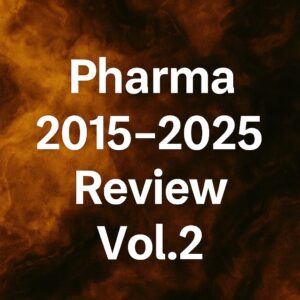
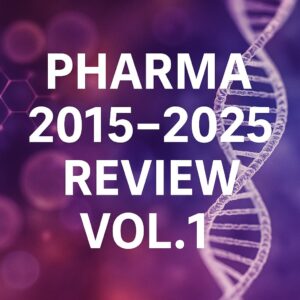
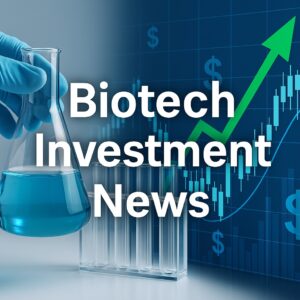
Comments